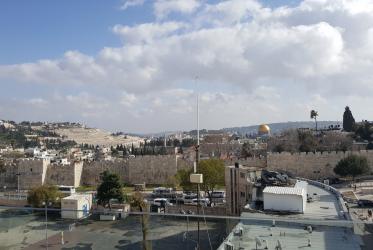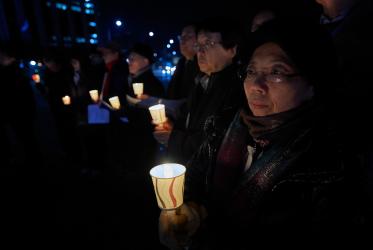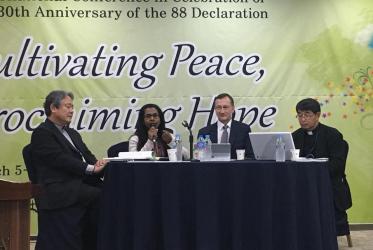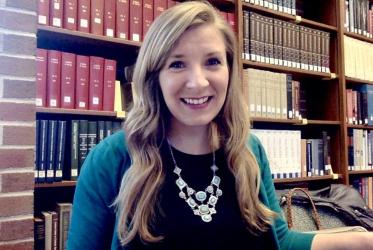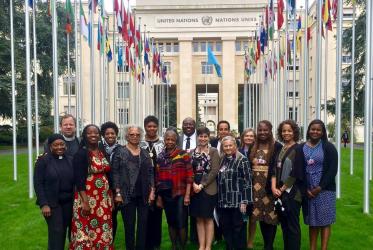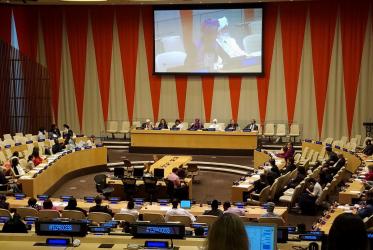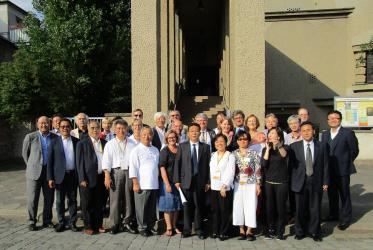Displaying 1 - 20 of 33
Dr Saïd Ailabouni: God is on the side of rejected, oppressed, occupied
12 September 2019
Workshop in Jamaica focuses on human rights
16 May 2019
Ecumenical Christians act now to tackle US racism
04 April 2018
WCC welcomes “powerful sign of hope” on Korean Peninsula
08 March 2018
Faces of Hope raises awareness
07 March 2018
WCC 70th anniversary started in Beijing
07 January 2018
“The work of truth-telling has to happen”
28 September 2017




